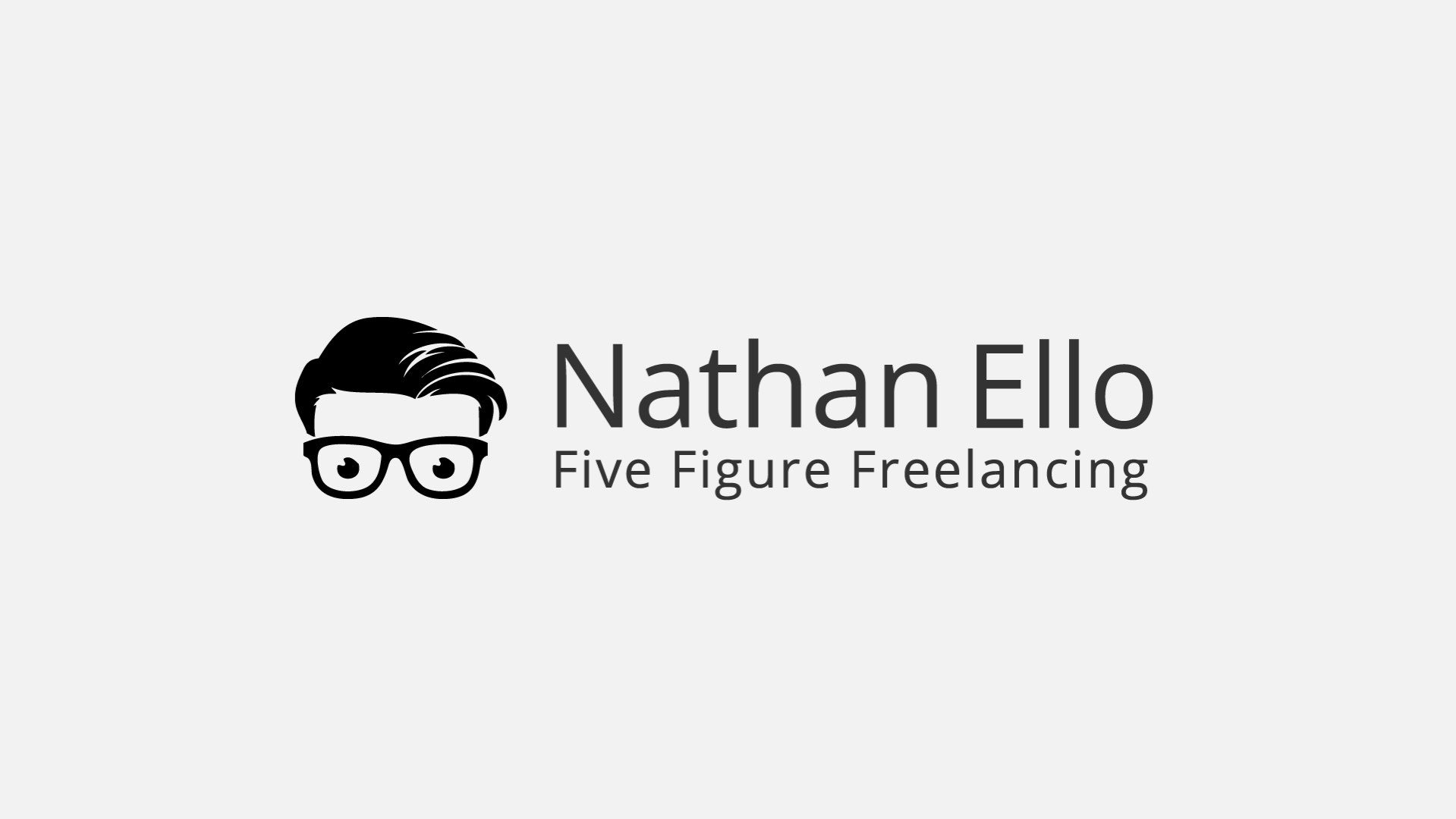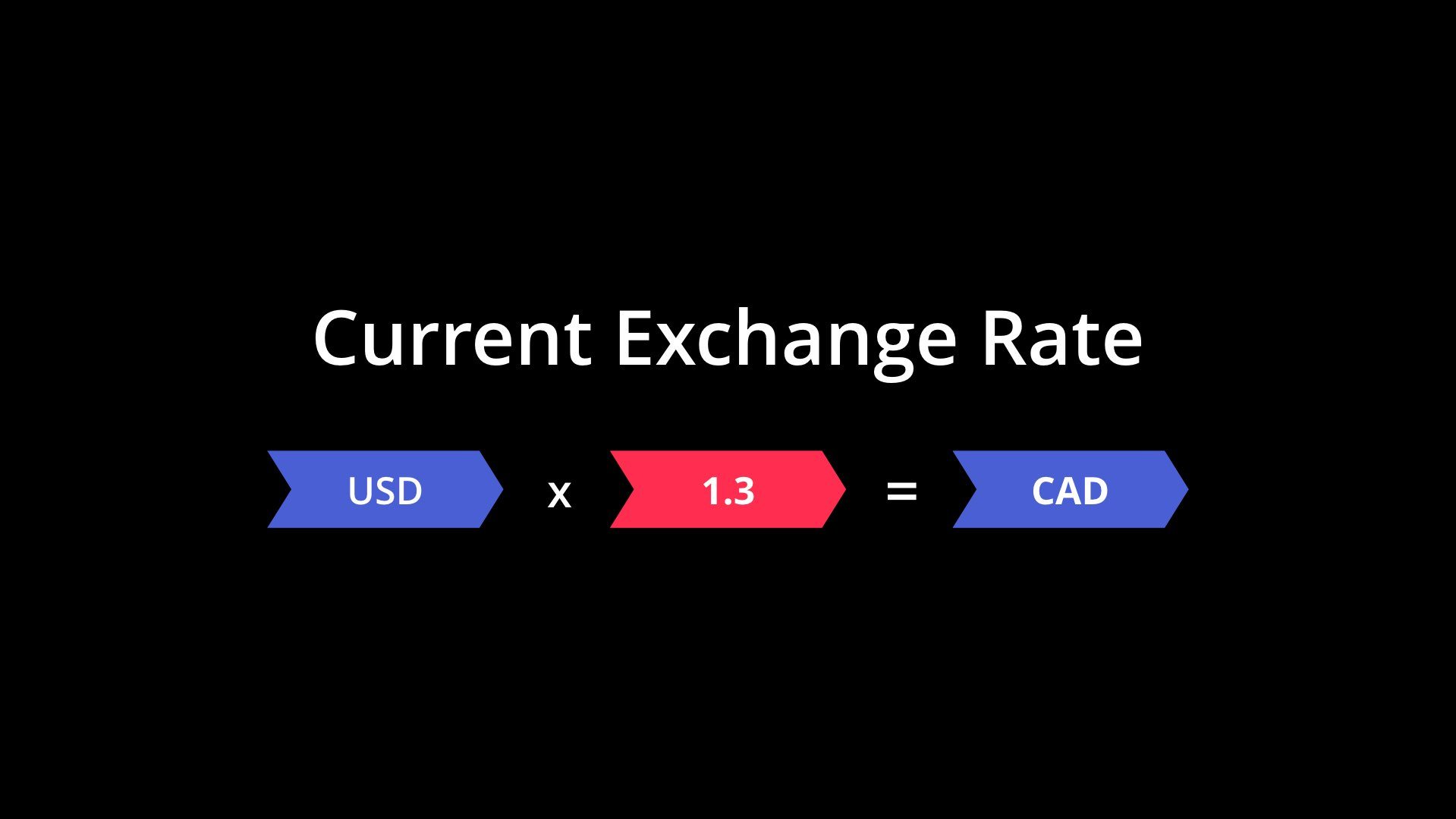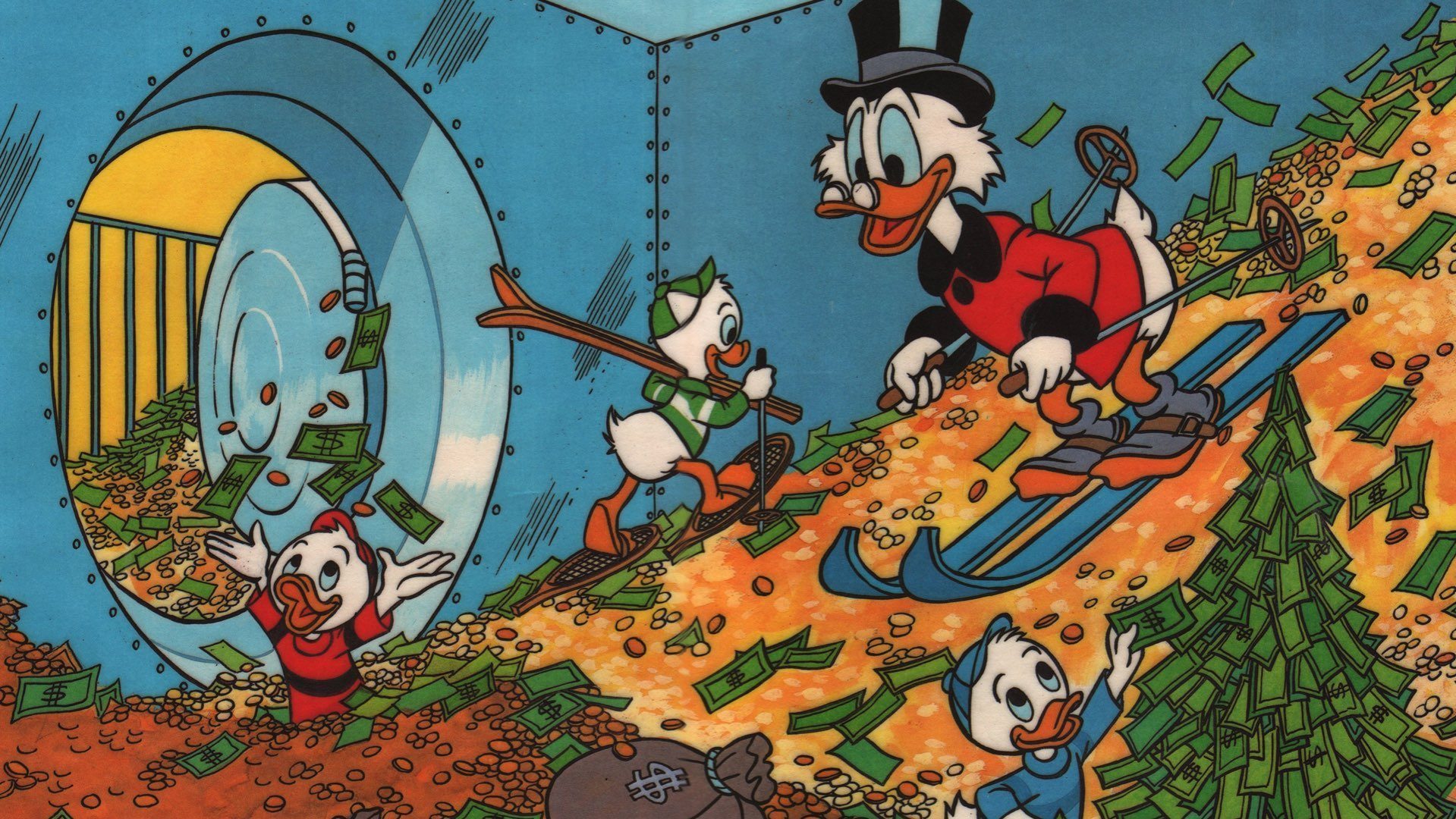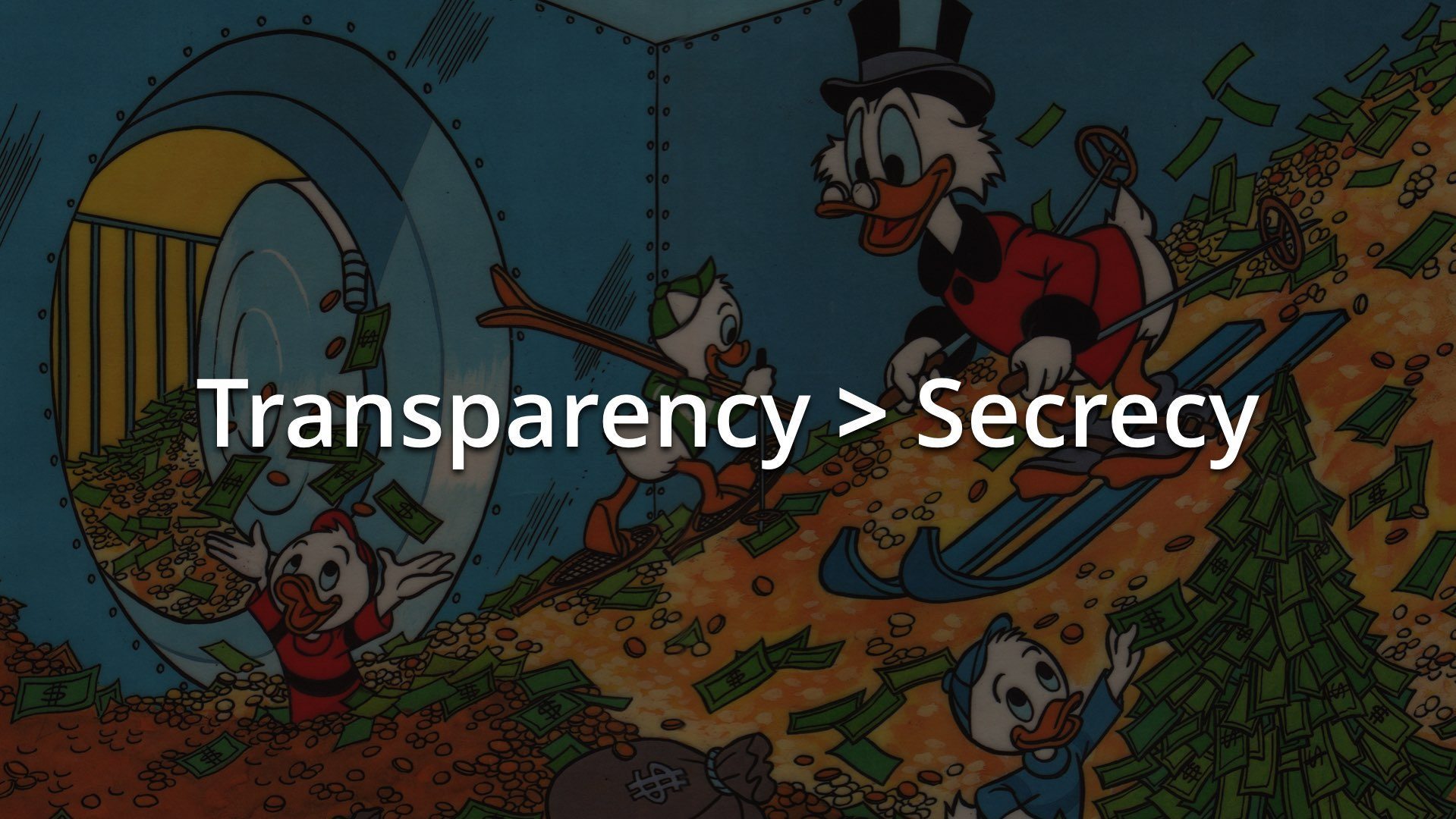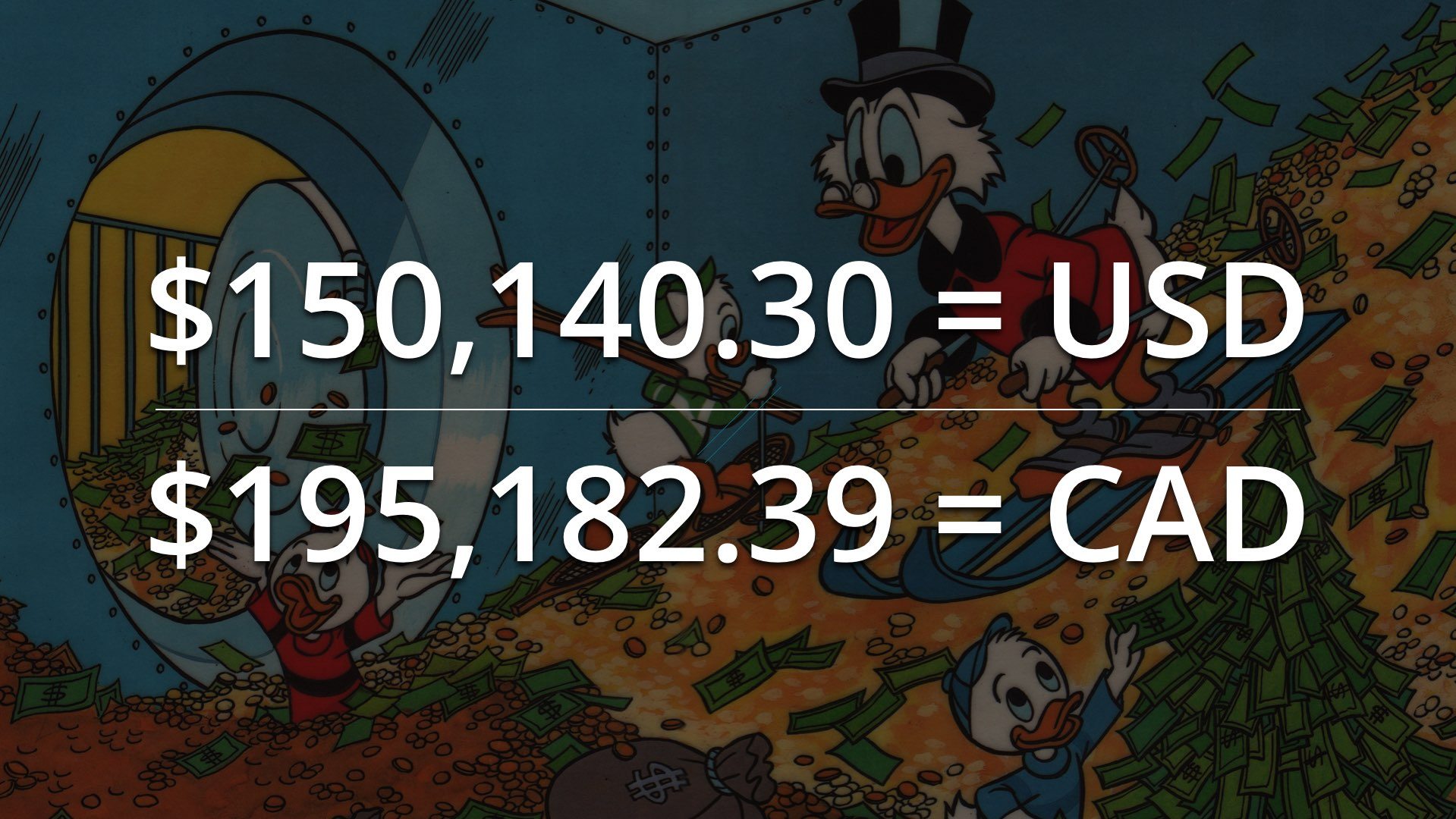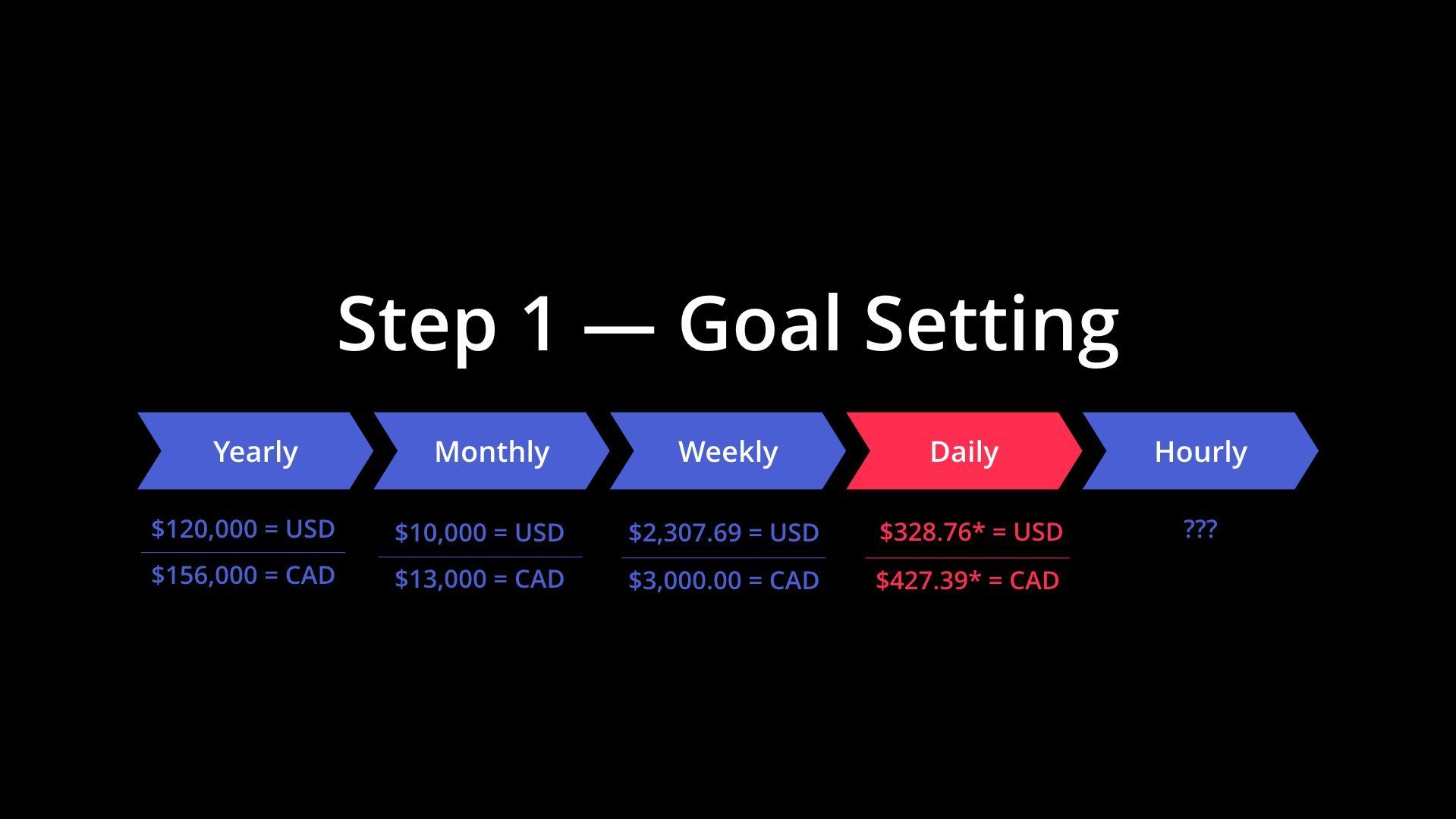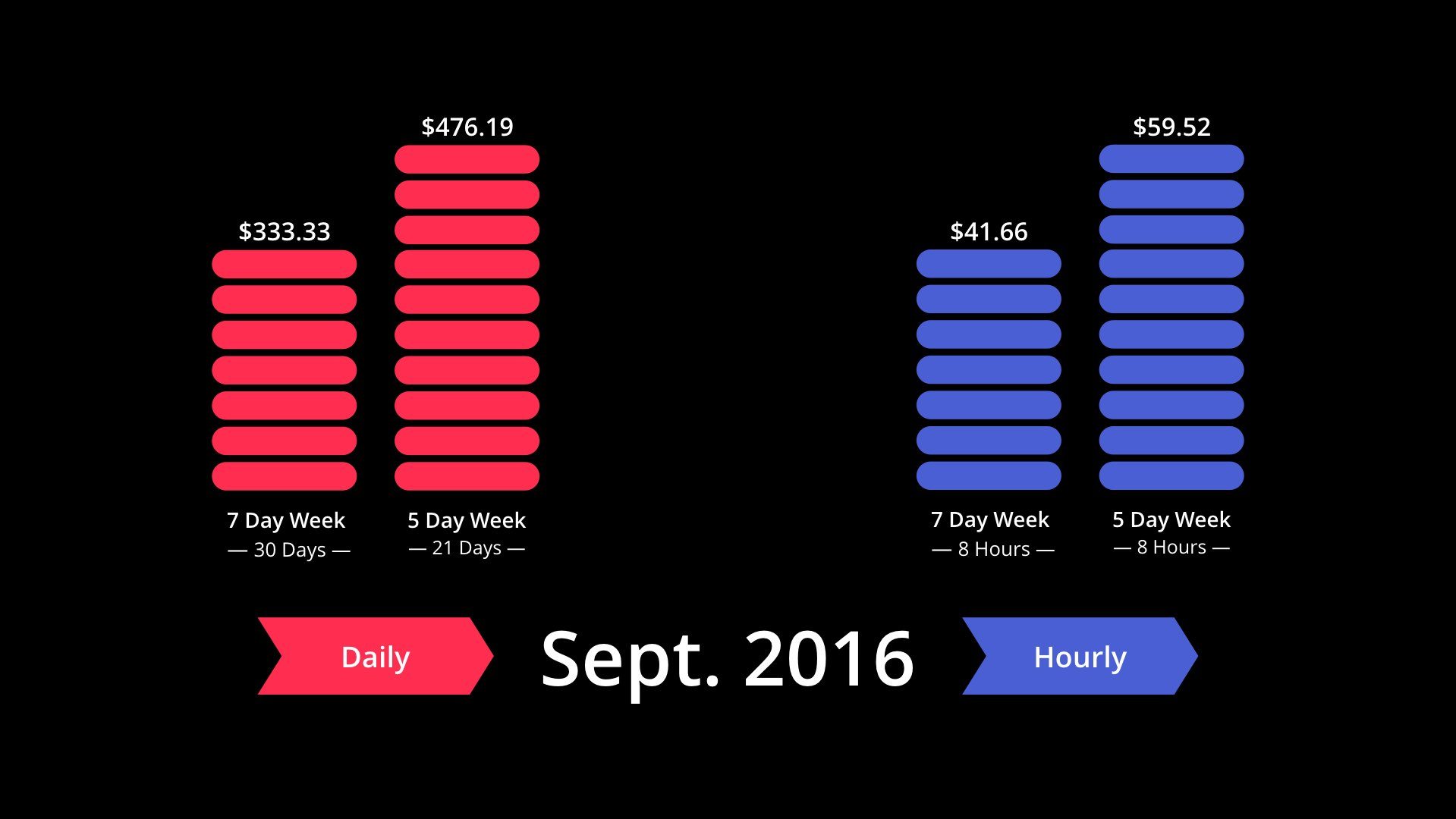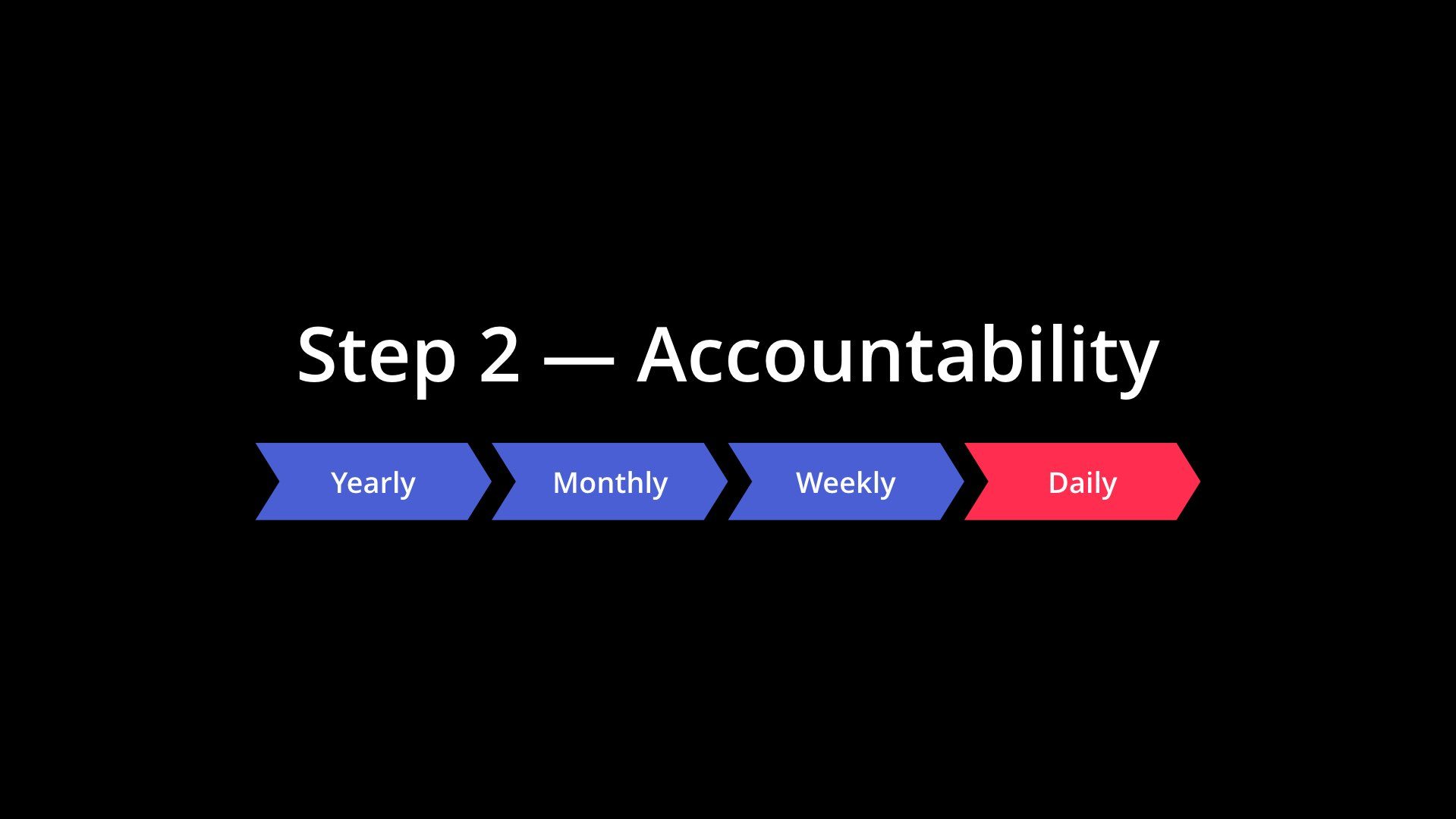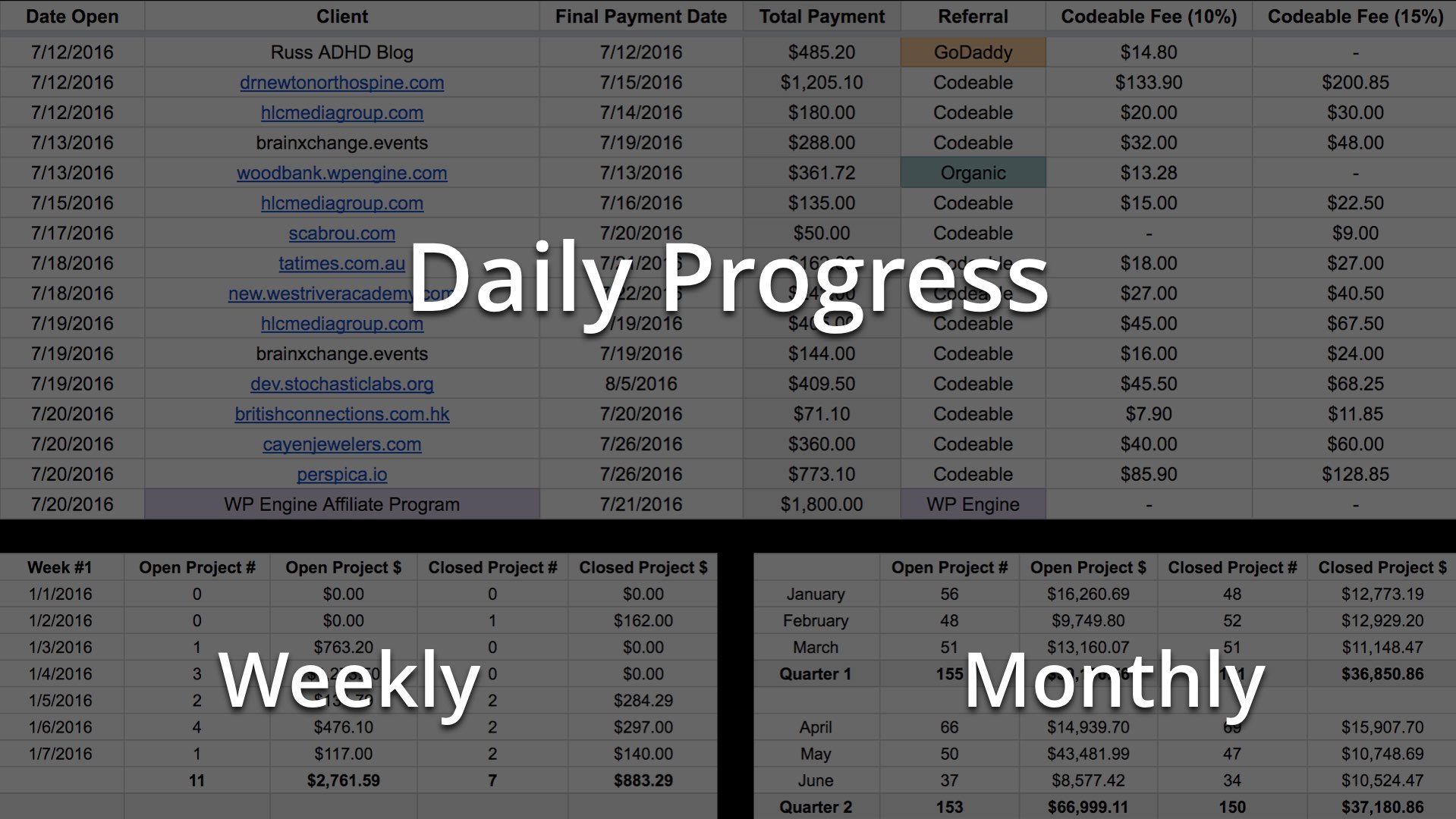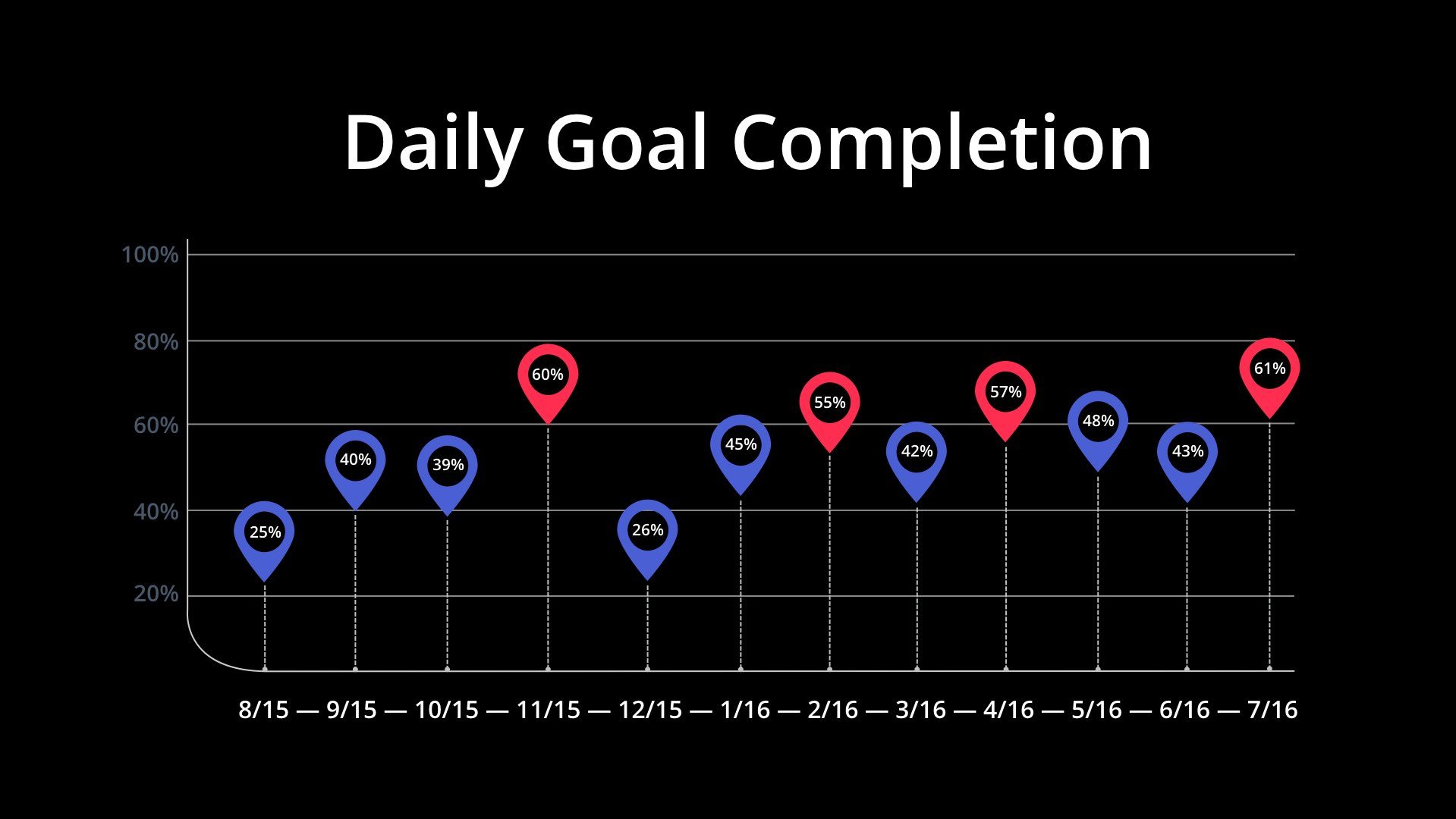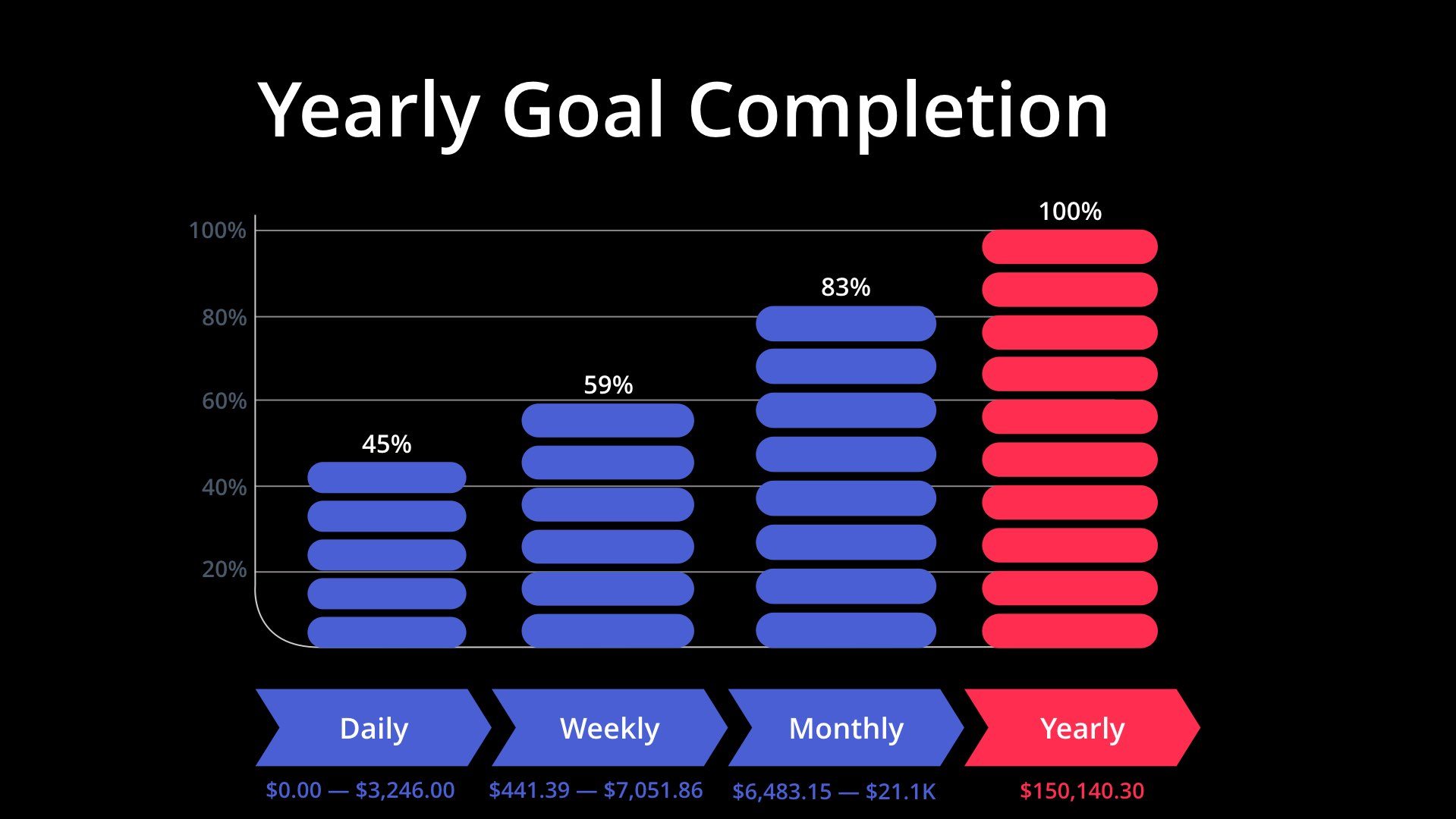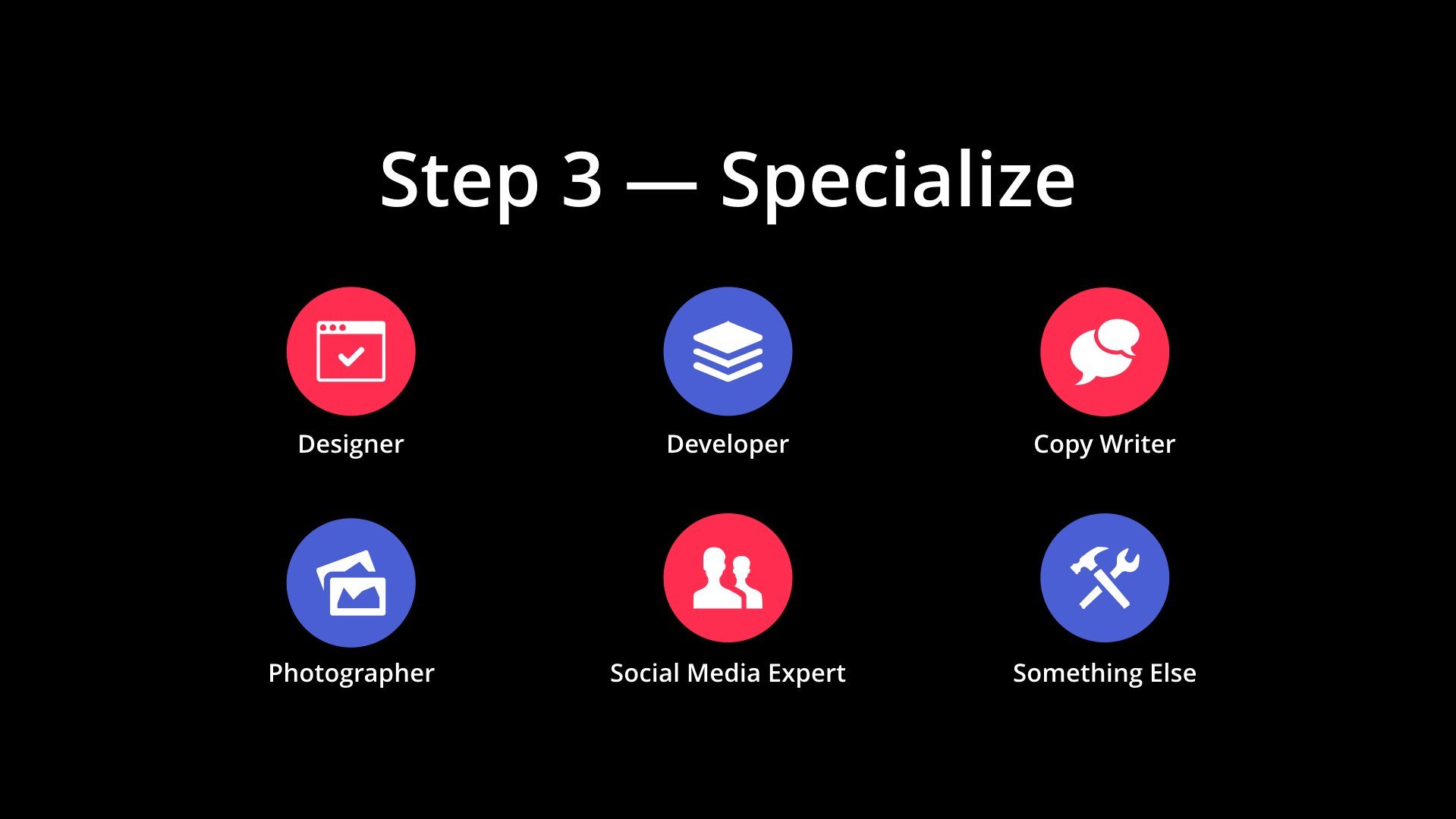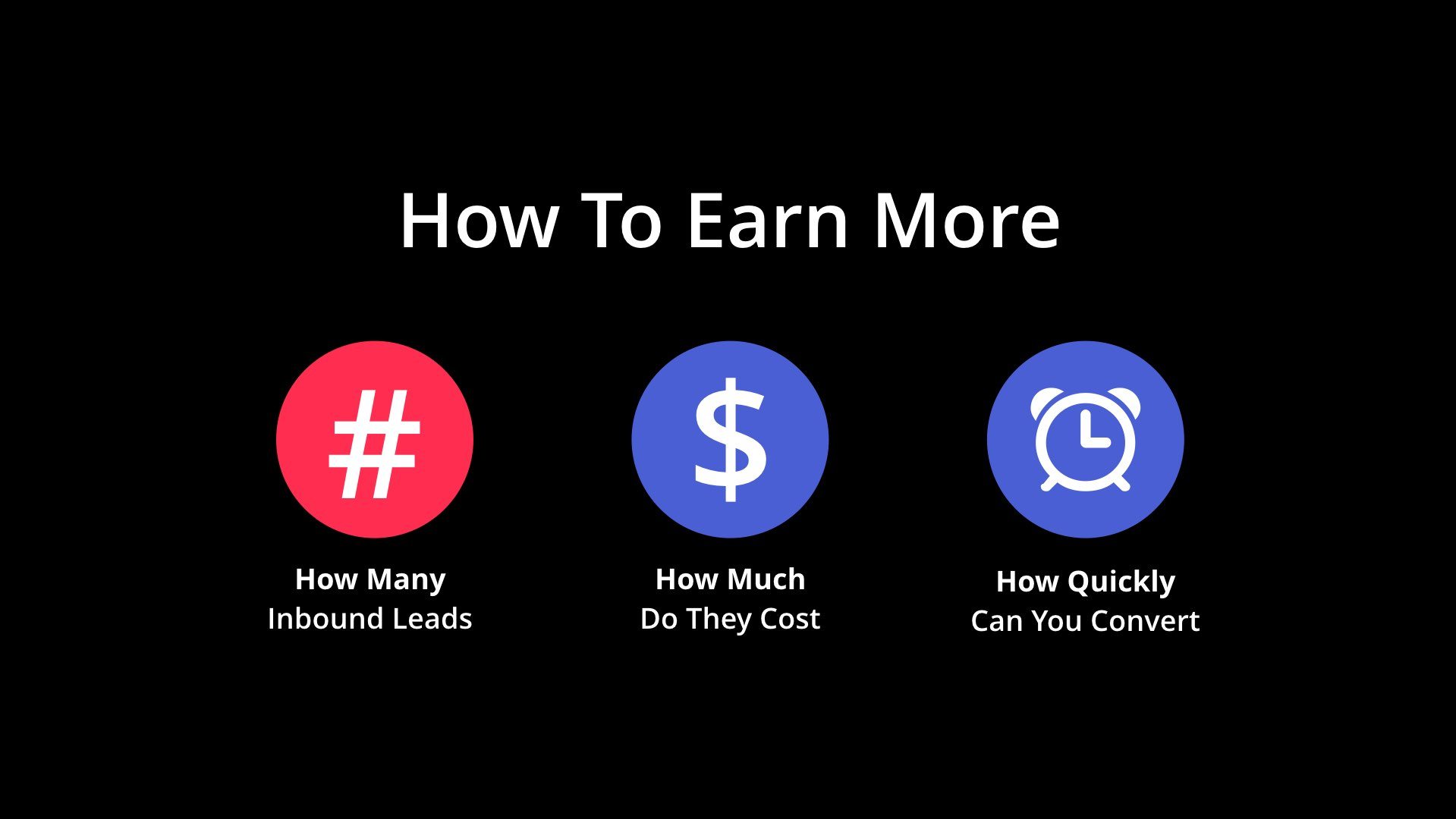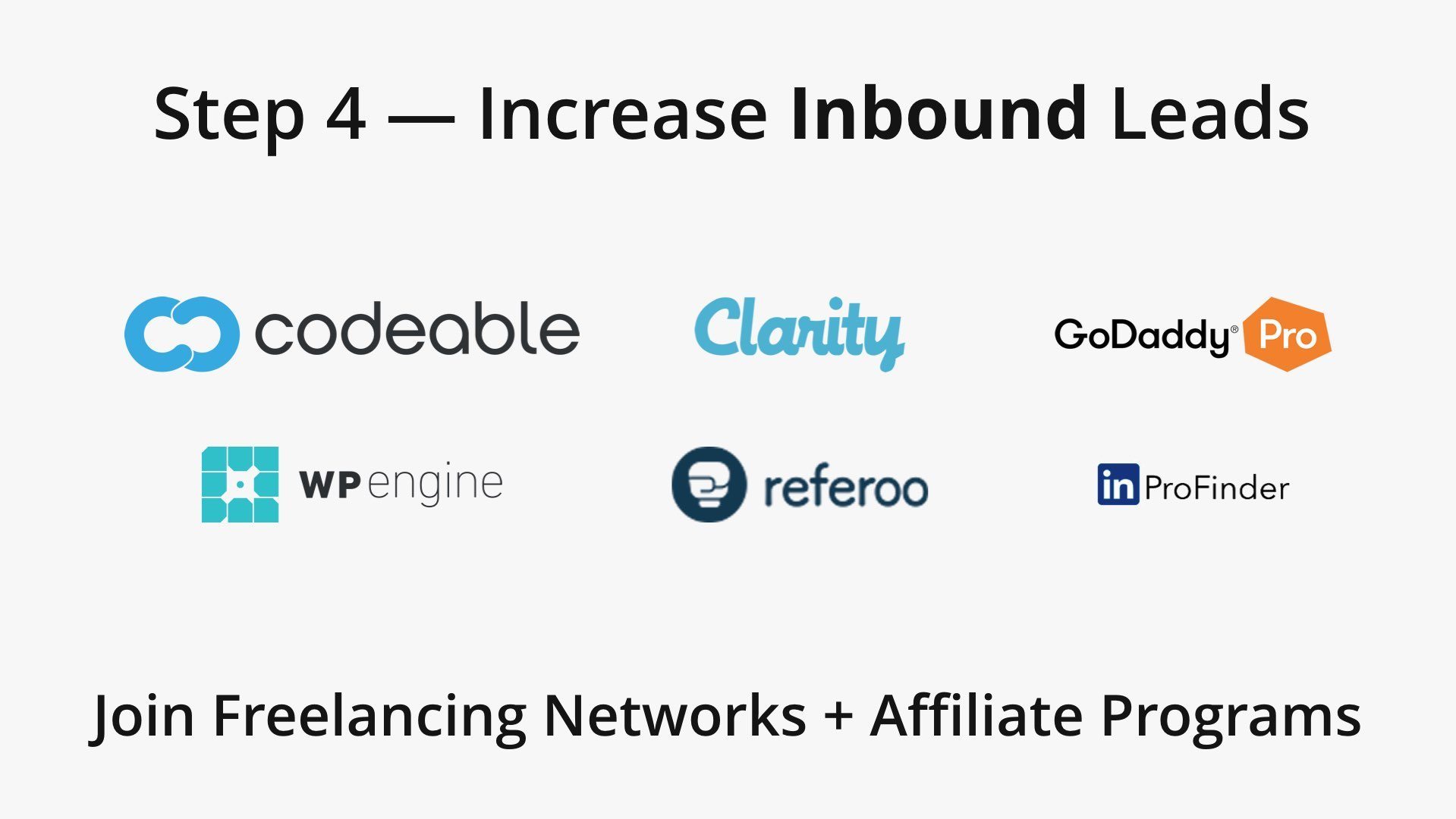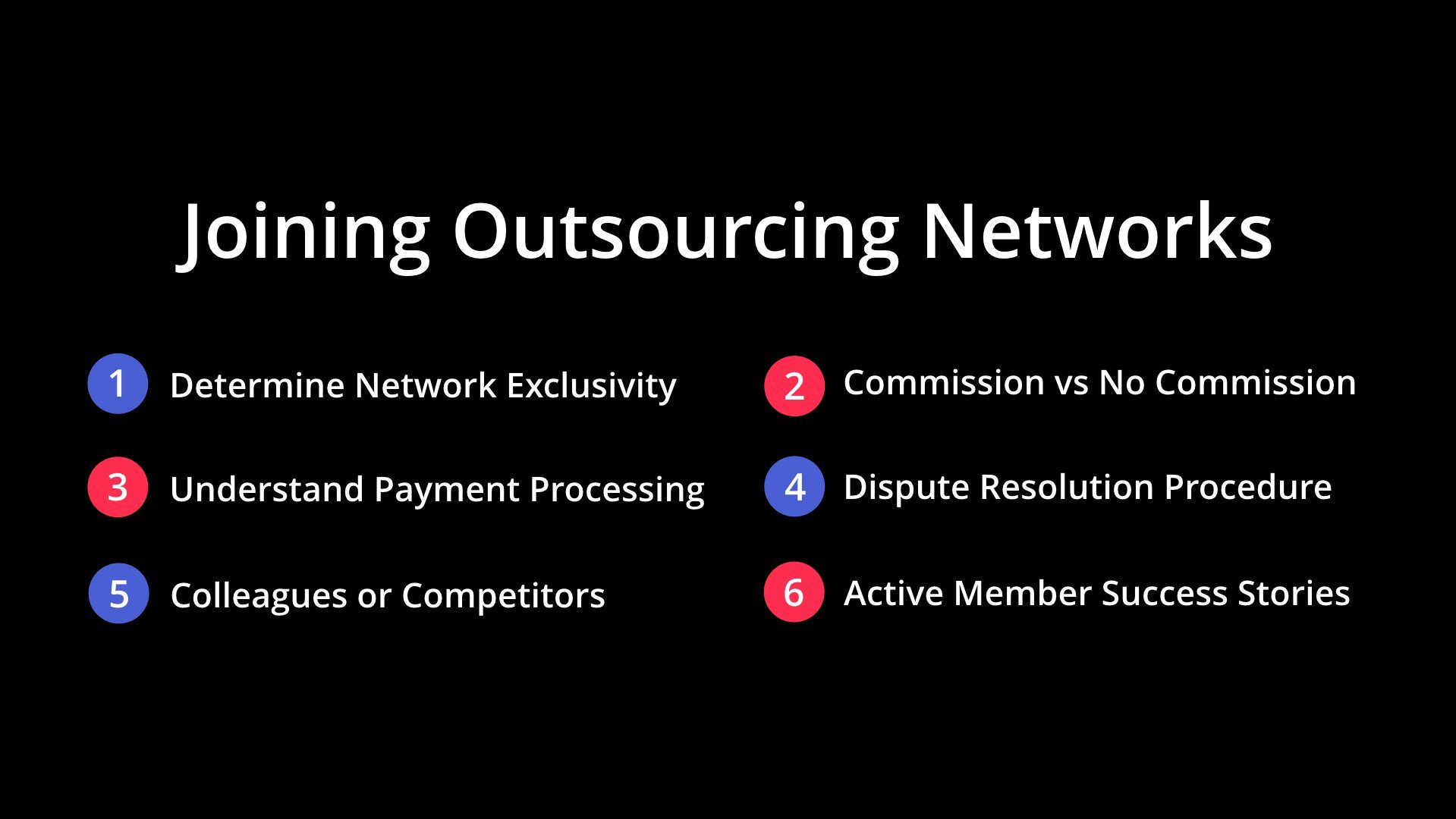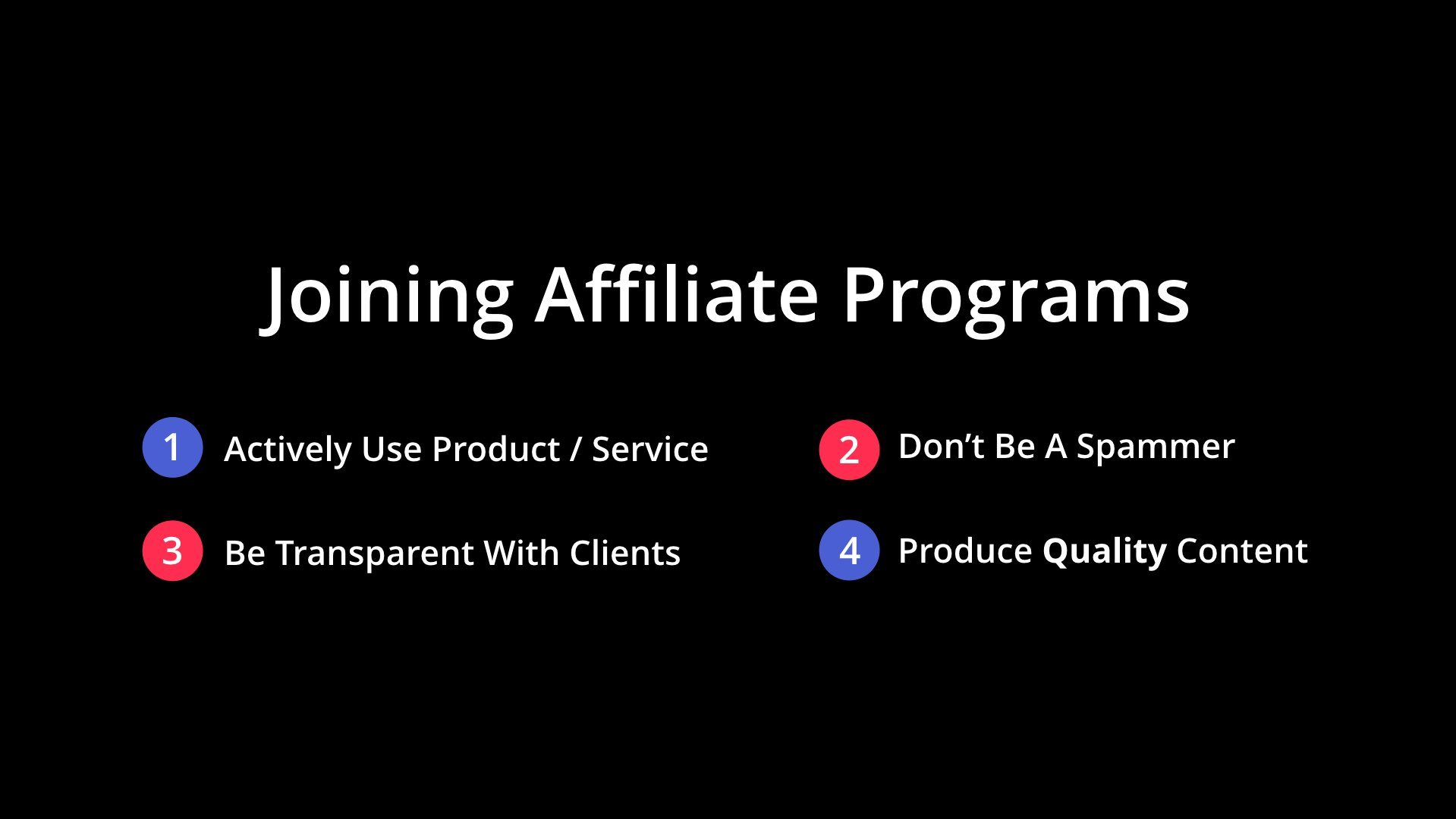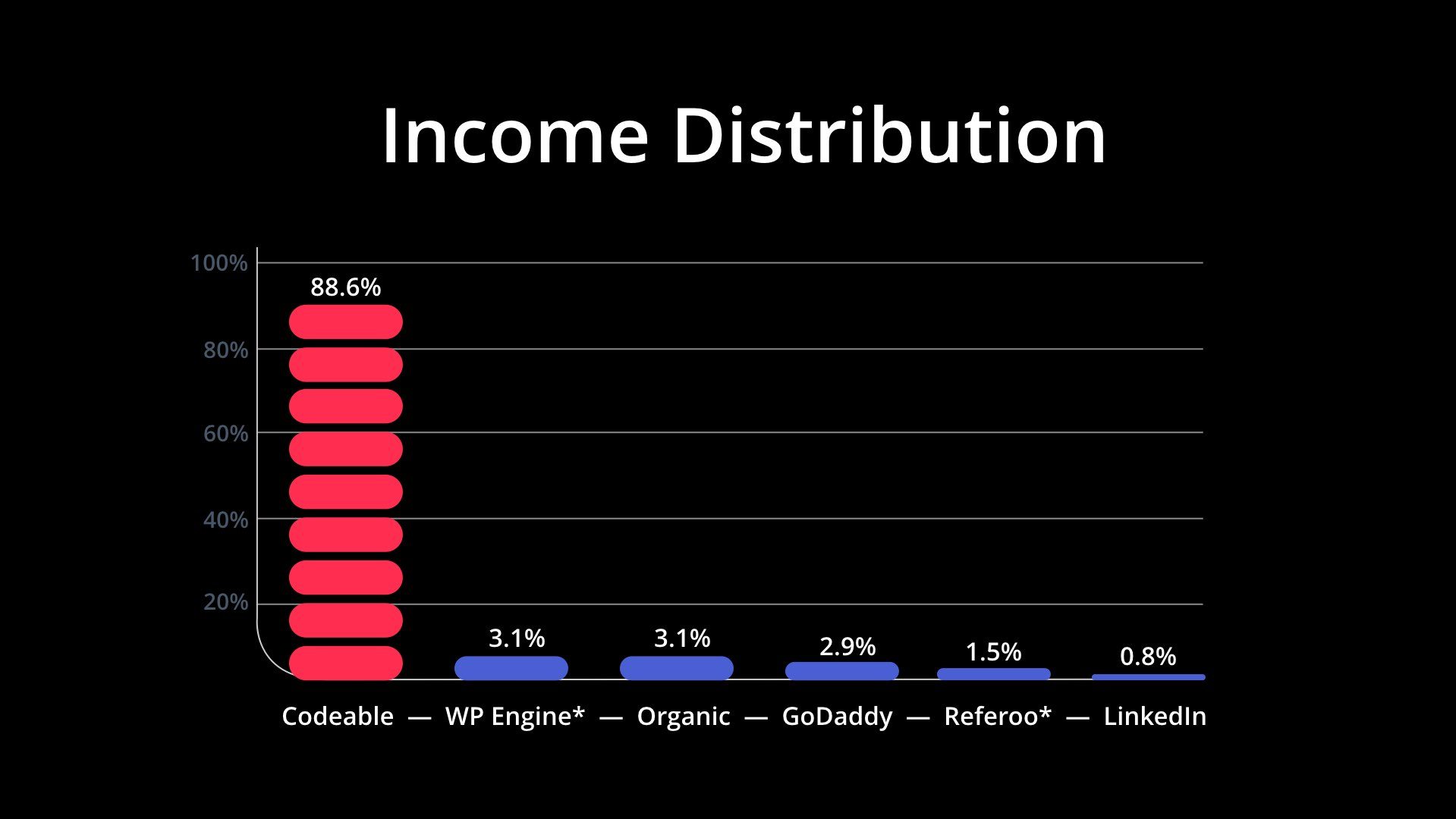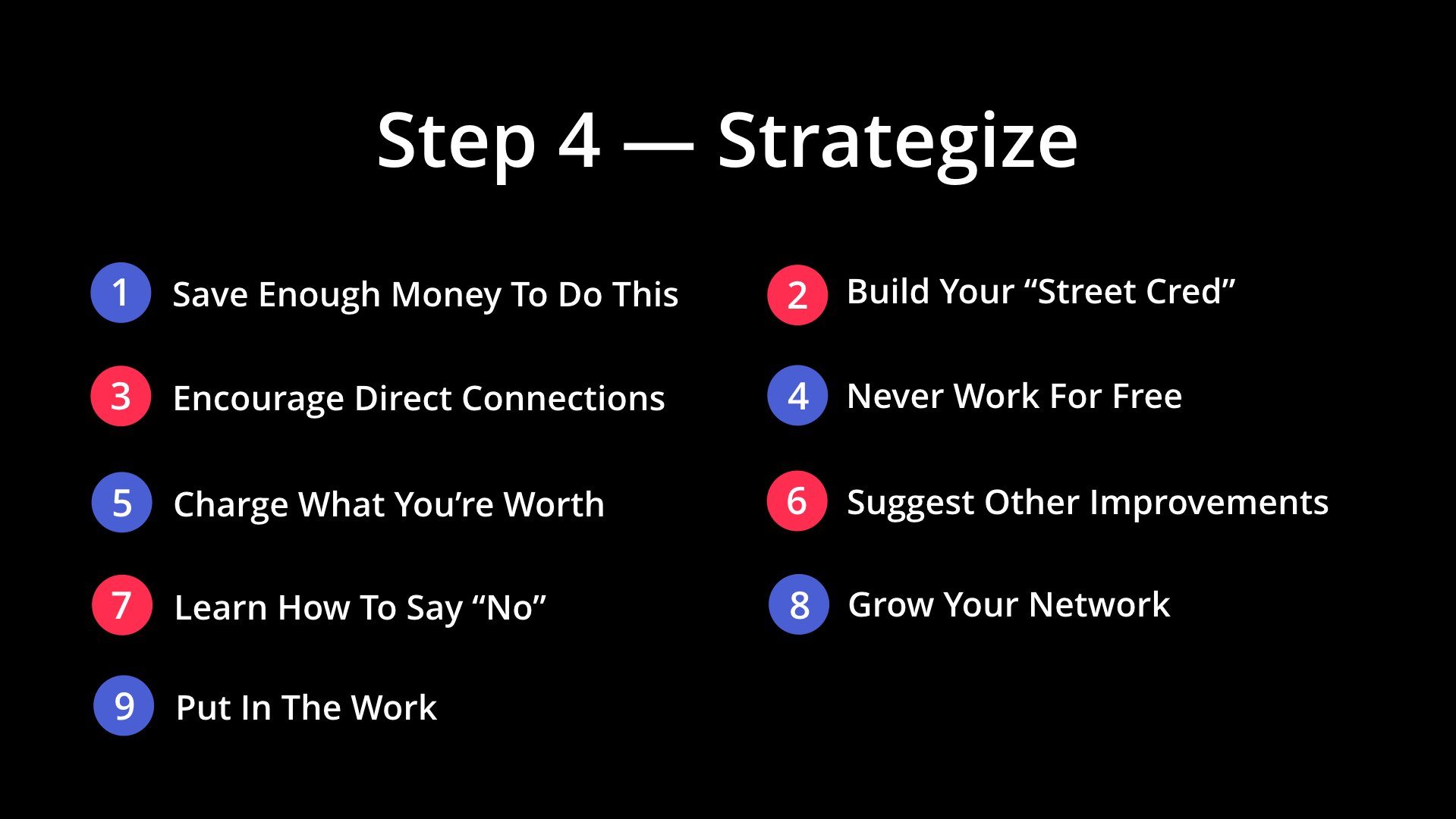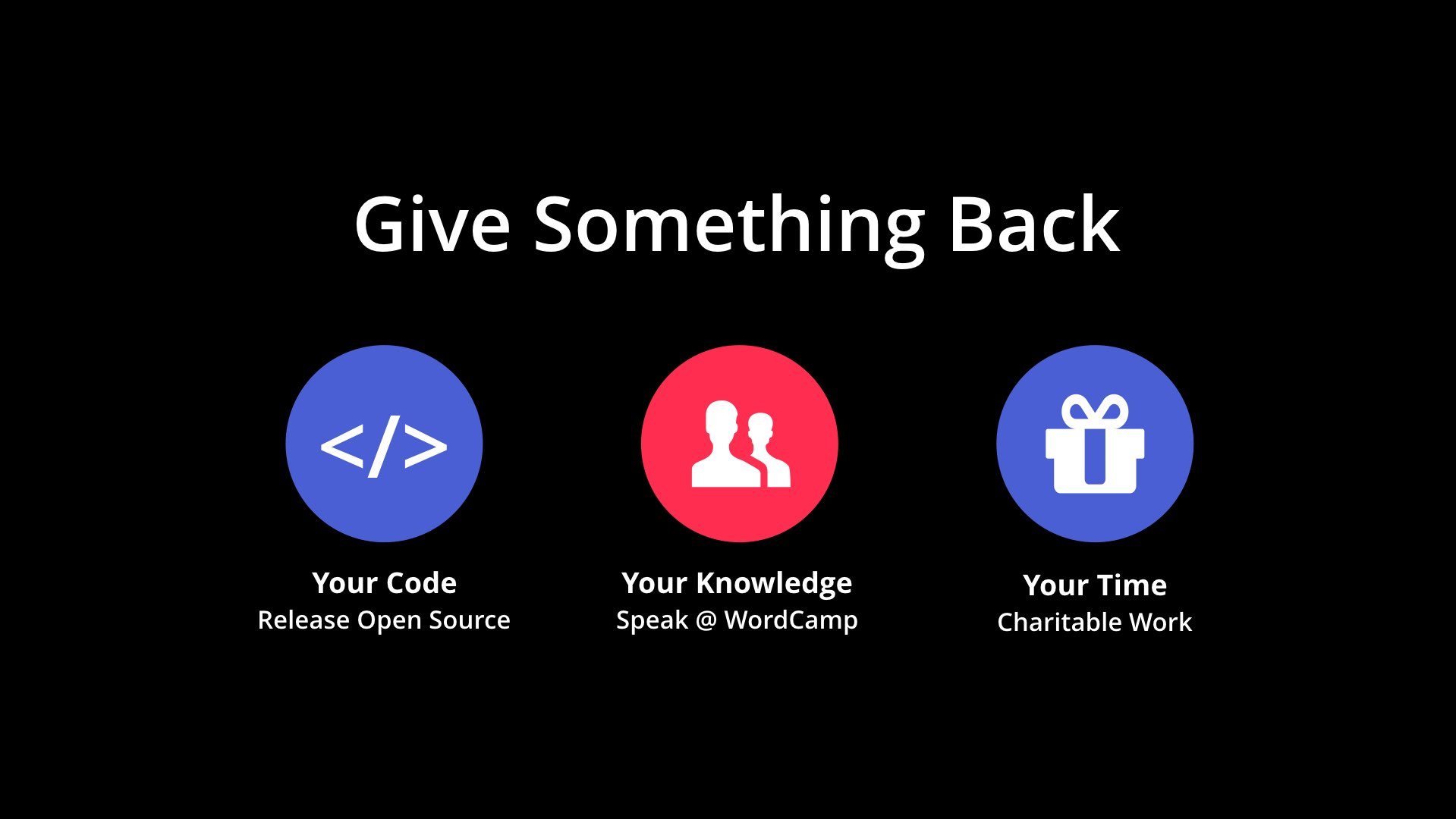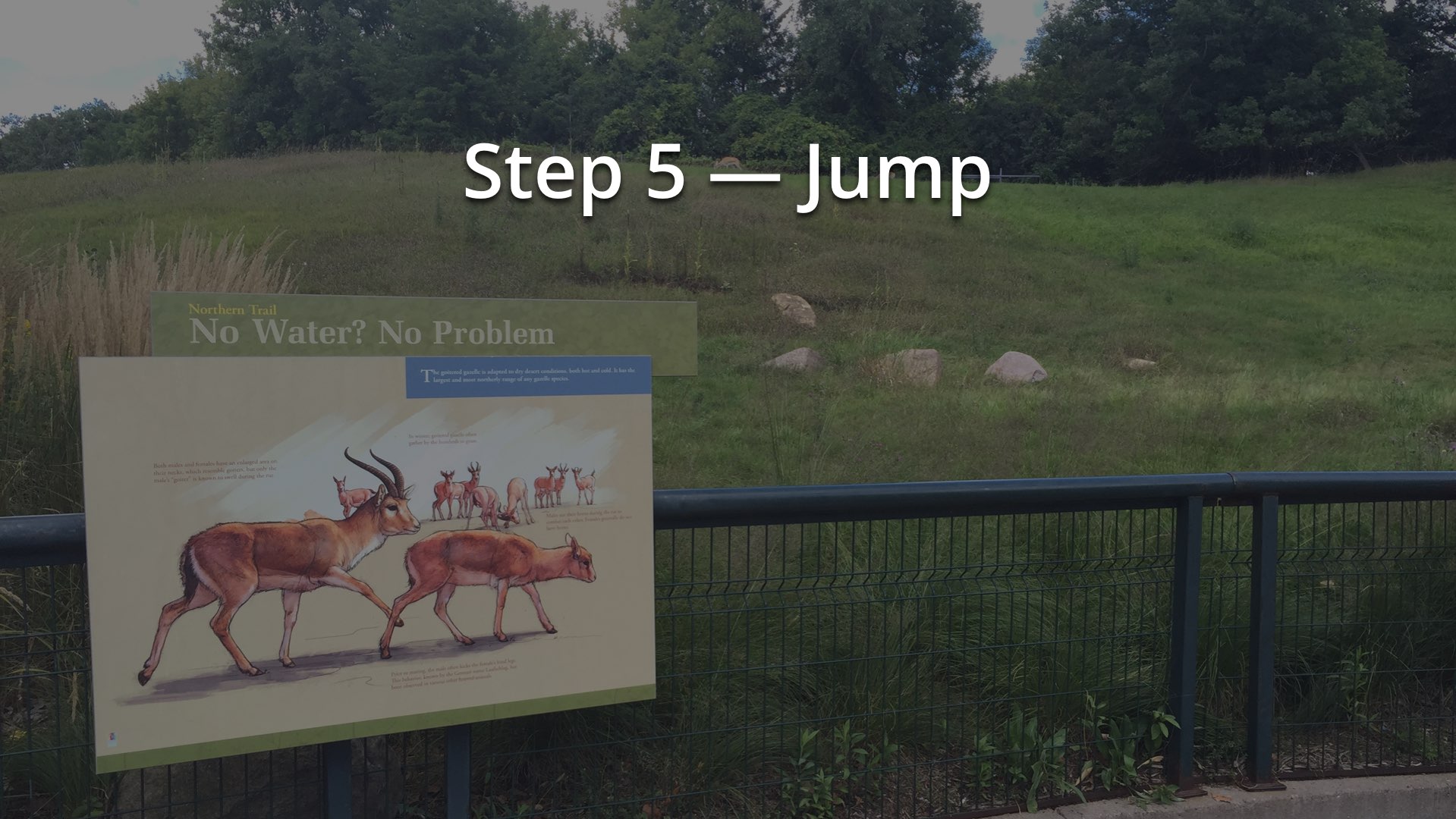Post Update: You can now watch this session on WordPress.tv
[separator icon=”thumbs-o-up”]
This is the speech I wrote for the session I hosted at WordCamp Vancouver on Saturday, August 27th 2016.
*Note: This speech has been written from the perspective of me on stage speaking to an audience rather than being formatted specifically for readers of my blog. I will however be releasing a re-written version of this post soon and if you’d be interested in reading that instead then please sign up for my newsletter.
This was my first WordCamp speech, there’s a video below if you’d prefer to watch it rather than read it.
[responsive_video link=”https://www.youtube.com/watch?v=W5Ze0x3Mc8g”]
Thanks for showing up and sharing an hour of your time with me today, I know these 9AM sessions aren’t the easiest to make it to, so thank you for coming to hang out with me so early this morning. My name is Nathan Reimnitz but online I go by a far less German, and much easier to spell alias, Nathan Ello.
Now, before you get to know anything else about me I’ve got a small confession to make.
First off, for those watching this on WordPress TV we are currently at WordCamp Vancouver in Canada. By a quick show of hands, how many of you in the audience currently live in Canada?
Looks like just about everyone here – Now, keep your hand up if you’re familiar with the current exchange rate between the Canadian Dollar and the US Dollar.
There’s no shame in putting your hand down – full disclosure I’m from the United States and if you asked me the opposite question a week ago my hand would have gone down too.
So, for those of you who put your hands down, here’s the current exchange rate between our currencies.
I’m certainly not here to teach 9AM math class, but, I must confess that I wrote this entire session based on the US Dollar and it wasn’t until I got on the plane to Canada and filled out my declarations paperwork to enter the country that I realized this entire presentation may seem a bit underwhelming if I failed to mention the numbers I say out loud are US Dollars.
I’ve done the math on some of the slides for you, but not all of them. So I just wanted to make it clear that if it’s not labeled, or if I say a number out loud, then I’m talking about US Dollars.
Okay, enough math, back to WordCamp… A little bit about me, I’ve been developing websites for a little over 10 years now. The very projects I worked on were Dreamweaver and Flash.
As the years went on I moved over to Joomla, fast forward a few more years and I finally made my way over to WordPress. Over the years I’ve worked as both a freelancer as well as a few “real jobs” (as my parents would say), employed by various digital advertising agencies throughout the United States.
But today I don’t have a “real job”, and what I mean by that is that I’m not building websites from a desk, nine-to-five. Instead, I’m a full-time freelancer, and what that means is that I’m able to earn my living by helping clients solve their WordPress problems from the comfort of my home office. And just like many of you (I assume), even when I’m not getting paid to sit in front of my computer you’d probably still find me there anyways. That’s because in my spare time I enjoy developing iPhone or iOS games as well.
But hey, enough about me already, let’s talk about why I’m here…
First off, by a quick show of hands, how many of you earned at least some money over the last 12 months, as a freelancer, in any capacity? Whether you’re a designer, developer, copy writer, social media expert, photographer, or something else… Who here has earned something over the last 12 months as a freelancer? If you have solved even 1 problem for 1 client and been paid to do it please put your hand up.
Wow, take a look around, almost everyone in the room has their hand up…
Let’s try another one, this time please raise your hand if at any point within the last 12 months you’ve had a “real job”. Again, designers, developers, copy writers, social media experts, photographers, or something else… Who here has been the employee in the employee/employer relationship within the last 12 months?
Please keep your hands up…
Now, if you’d have any interest in earning more money to solve the same (or similar) problems while simultaneously gaining more freedom over your time then please put your hand down.
Take another look around, it’s no surprise that there’s no hands left in the air, right? We’re all okay with getting a raise and having a more flexible schedule. There’s nothing wrong with that.
And I’m no exception to the rule here either, my hand is down too. Heck, if you’d asked me the same question a year ago I’d have been the first guy in this room with his hand down.
BOOM! You’d have heard my hand go down from across the room.
You’re telling me you’ve got a recipe for success in which I can solve the same (or similar) tasks while earning more money and having more control over my schedule? That recipe sure sounds like it could change the trajectory of my life forever. I’m listening.
So that’s why I’m here today, I’m here to share with you the tips, tricks, and strategies I’ve personally implemented which have allowed me to transition from the world of full-time employment to full-time freelancing, successfully.
Now, this session is called five-figure freelancing and as you probably imagined I’m here to talk about something that’s often a heavily-guarded secret and taboo topic in our society…
Money… I’m here to talk about money.
Specifically, how you can start earning at least ten-thousand dollars (five-figures) per month as a freelance designer, developer, or whatever field you happen to be an expert in.
Now, if there’s one thing you learn about me today I hope it’s this…
I believe transparency trumps secrecy.
So, with that said, let me be fully transparent with you…
Here’s my take-home earnings as a freelancer over the last 12 months.
If you made less money than this over the last 12 months, I’d like you to stick around, I honestly believe I can at least teach you something during this session that will help you earn more money over the next 12 months.
And if you made more money than this over the last year, I’d like you to stick around as well. After this session let’s connect, I’d love to buy you a coffee (or something stronger) and get to know you better.
Okay, so before I dive head-first into answering “how” to earn this much money as a freelancer it’s important we take a step back and set some goals…
Now obviously we know that we’re striving for the $10K mark each month which translates to $120K per year, but these are huge, elephant-sized numbers, and we have to eat this elephant one-bit at a time.
In order to do this, we need to break that monthly number down into smaller, bite-sized, goals starting with weekly then drilling down to daily and even hourly goals.
You’ll notice the asterisk next to the daily goal and the ? marks under hourly because these goals will fluctuate a bit depending on how much (or little) you plan to actually spend working.
For example, if your goal is to earn $10K next month you need to ask yourself do I plan to work every single day OR do I only want to work Monday through Friday? There’s no wrong answer.
Once you’ve decided how many days you’d like to work the next step is to figure out how many hours you’d like to work each day. These examples are based off 8-hours of paid work but if you decide you’d like to work just 4 hours a day then all you need to do is double these numbers. Or, if you’re more inclined to work just 2 hours per day you’ll need to double them again.
Again, there’s no wrong answers here. But you wouldn’t start a marathon without knowing where the finish line is, right? Set a daily goal, and understand how many working hours you’ll need to get paid for, and at which rate, to achieve it.
Okay, so now that we’ve clearly defined our goals the next most important piece is to hold yourself accountable for them every day.
The truth is, becoming a successful freelancer is not a single, line-item for you to check off your to-do list, but rather a bunch of small, daily wins, stacked on top of one another, over and over again.
Becoming more successful will require you to both set and measure your goals on a daily basis.
Let’s look at this from a different, non-freelancing angle. Take weight loss or getting fit for example… Most people fail because they go out and buy a gym membership or read a book but fail to make steady and measured progression forward each day. Since they aren’t tracking their personal progress on a daily basis and holding themselves accountable they start looking for confirmation in the mirror, and when they don’t see it they throw in the towel.
There’s no magic pill or magic powder that will give us overnight success, and that’s true whether you’re looking to get fit or grow your freelancing business.
So, until you have a plan, and a system to hold yourself accountable you won’t be more any more productive and you will not have a more profitable freelancing business.
The good news is your personal accountability system doesn’t have to be time consuming or stressful. Personally, my accountability system doesn’t take me more than a few seconds each day. I’ve created a few simple spreadsheets to track my progress and I’d encourage you all to do the same as well.
At the top you can see my daily accountability spreadsheet, which is pretty simple. I’m tracking the date a project was opened (the date the client made their down payment), which client (or website) this project was for, the date their final payment was issued to me (or the date the project was completed), the total payment amount, along with the referral source.
Then I combine my daily progress into weekly, monthly, quarterly, and yearly stats.
Again, it’s not enough to simply set goals, you must also measure them and hold yourself accountable. I knew that going into my freelance career I wanted to earn $100K per year which meant I needed to bring home (for the sake of round numbers) $275 per day, and here’s how I did over the past 12 months.
How do I know this? Because I held myself accountable and logged my progress on a project-by-project basis every single day.
As you can see my track record for goal completion last year is far from perfect, and that’s okay. You don’t have to go 100% on your daily goals to reach your weekly, monthly, or yearly goals.
This is an important lesson to learn — don’t get discouraged. Let’s look at this from a professional athletes perspective… Ty Cobb was a professional baseball player and he currently holds the record for the highest batting average of all time. However, his batting average is far from perfect, at just over 1/3 with a .366 average.
Over his career he had 11,434 at bats but just 4,189 hits. I’d imagine every time Ty stepped up to bat his goal was to get a hit, but just like our daily goals in freelancing, it didn’t always work out for him.
Again, do not get discouraged. Just because you don’t meet your daily goal doesn’t mean you won’t meet your weekly goal. And hey, even if you miss a weekly goal that doesn’t mean your monthly goal is shot. You might even fall a bit short on the monthly mark a time or two and your yearly goal can still stay in tact. Heck, I’m living proof of this.
These swings in your goal completion also represent swings in income. It’s true, income as a freelancer, especially on a day-to-day basis can be fairly inconsistent. The numbers at the bottom of this slide represent the very best and worst income swings for me and we’ll get to those in just a moment. But first, I want to dive deeper into my overall daily goal completion.
Obviously you can see that my very worst day produced 0 income, and that should come as no surprise but what you don’t see here is that this actually happened 108 times for me over the past 12 months. If you think about it that’s about equal to having a “real job” with weekends and holidays off… On top of that there were also another 93 days where I earned some money but it was less than the goal I’d set for myself. So on average I only achieved my daily goal 45% of the time – or — 3 days per week.
On the other end of the spectrum about a month ago, on July 21st, I brought home $3,246.00
That’s almost 12x the daily goal I’d set for myself — so what I’m really trying to say here is that freelancing can be a bit of a financial roller-coaster and you need to be prepared for that.
Now, if you’re wondering how it’s possible to earn $3200+ in one day when I’m only charging $100 an hour and there are only 24 hours in a day the answer is simple – sometimes you complete projects as a freelancer and clients take a few days to mark them as complete. And on July 21st I happened to get 6 clients to sign off on their projects with me.
Moving onto the weekly stats, I’d met or exceeded my weekly goals 31 times over 52 weeks (or 59% of the time), unfortunately I can’t say the same for the other 21 weeks. I never had a $0 week but I did manage to earn just $441.39 during the week of Christmas and New Years 2015.
Again, on the opposite end of the spectrum during the final week of July this year I brought home a little over seven thousand dollars ($7,051.86). Quite the difference huh?
I went 10 for 12 on my monthly goals, with the worst being my first month of freelancing, August 2015, with $6,483.15 and the best being July 2016 with just north of the twenty-one thousand dollar mark. ($21,165.83)
Obviously we’ve touched on the yearly numbers already so instead of doing that again let’s focus on HOW I’ve achieved these numbers shall we?
First things first, to become a successful freelancer you must first identify your niche. Don’t be a jack-of-all-trades, master of none. What I mean by that is you cannot be an expert at everything.
Instead, focus on becoming an expert at one thing; whether that’s design, development, copy writing, photography, social media, or something else entirely. If it takes you more than a few seconds to identify where you fit into this grid then it’s time to stop and think about what you’re doing. Taking on projects beyond your primary area of expertise is only going to cause you some unnecessary, easily avoidable stress.
Conversely, as an expert in your field, you’ll command much higher premiums for your efficiency and effectiveness.
Let’s go back to the professional athlete analogy from before — Ty Cobb was a professional baseball player, he picked one sport. While he did play various positions over his career he spent the majority of his defensive career in the outfield (center field and right field), he also never played catcher or shortstop. On offense he mastered batting, on defense he was an expert in the outfield.
We can apply this same approach to freelancing, once you’ve defined your niche and chosen your field of expertise it’s time to drill down even further. Personally I’m a certified expert WordPress developer, but that doesn’t mean I take on every single WordPress development project that comes my way.
My average task size over the last 12 months is just south of the $400 mark ($393). I prefer solving many small problems as opposed to just a few larger ones. More often than not, the projects I take on are opened and closed within the same-day. Following this strategy has allowed me to close more than 600 tasks for over 300 clients during my first year as a freelancer.
Earning more as a freelancer revolves primarily around 3 things; how many incoming leads you can get, how much they cost you, and how quickly you can convert those leads into customers.
Your objective is to transition from actively chasing down any leads, to responding exclusively to inbound leads. Your goal is to have as big of a number as possible here, in terms of percentages we’re striving for 100%.
Now, obviously 100% inbound leads could be achieved easily via paid ads but the problem with paid ads is exactly that, you have to pay for them. Your goal for question #2 here (how much do they cost) is to have as low of a number as possible, ideally these leads will cost you nothing besides the time it takes you to respond to them.
And that brings us to question #3, how quickly can you convert these leads into paying customers? Again, we want to have as low of a number as possible here although this time 0 is not going to be attainable. Personally I’m willing to invest somewhere between 5 to 15 minutes into a project depending on the budget the client has defined.
If the scope of work isn’t clear after that amount of time I always propose a one-hour paid consultation. This helps me eliminate clients who are not serious about paying for my help.
Take it from me, this strategy works. I’m not saying that offering these consultations will convert at 100%, they certainly don’t… But, over the past 12 months I’ve been taken up on this offer many times. And more often than not I’ve been able to successfully open an additional task with the client after helping them properly define their scope of work.
Bottom line, if you’re not offering paid consultations you’re leaving money on the table.
Okay, so back to the numbers… Earlier I mentioned these 600 plus tasks I’ve completed over the last 12 months were for more than 300 unique clients. So now the question you should be asking me isn’t just, how? But more specifically, how do you get so many great leads for free?
Join freelancing networks and affiliate programs.
Let’s start with the freelancing networks first. There are hundreds of outsourcing platforms you can join. You must understand that these platforms are not created equally. As with all things in life each of these networks have unique pros and cons. I’d encourage you to spend some time researching each of these platforms thoroughly before participating in any of them.
Over the last 12 months I’ve joined 3 of these outsourcing networks; Codeable, GoDaddy Pro Connect, and LinkedIn ProFinder. Joining these networks, in combination with organic leads from my personal portfolio provide me with nearly an unlimited stream of incoming leads.
Here’s a few things I’d encourage you to look for when vetting these networks.
Let’s switch gears over to joining affiliate networks for a moment. There are right and wrong ways to join affiliate programs, I’ve purposefully only joined 2 of these programs and I’d encourage you to apply the same digression when joining affiliate programs as well.
It’s also important you understand that not all of these outsourcing networks or affiliate programs are created equally. Once you find one that works well for you I’d encourage you to focus your energy there. As you can see here, that’s exactly what I did with Codeable.
Let’s not approach this as a to-do list here, but rather a systematic approach to expediting your success as a freelancer. Also, think of these more as guidelines than rules.
Okay, so, let’s say you’ve joined some of these freelancing networks and the systematic approach to freelancing you’ve developed has started to print you some money…
You might ask yourself, well hey now that I’m a successful freelancer what’s next?
Well, I’d certainly encourage you to start giving something back to the community and there’s all sorts of different ways you can do this. Here are just a few ideas for you.
Number 1 is certainly the least expensive; release some of your code open source. Whether it’s a new plugin, or theme, or something else you’ve created, this is one of the easiest ways you can give back to the community.
If you’re not a developer then maybe number 2 is more appropriate for you. Volunteer to speak at industry events, like WordCamps for example and share your knowledge with others. Again, this doesn’t have to be a tremendous expense; you can always start with some local events.
Another option is to donate some of your time to work on projects pro-bono. Personally I’ve donated some of my time over the last year to an awesome organization called the United Heroes League, which is a charity that helps keep military kids in sports by providing them with the gear they need to keep playing.
There’s no right or wrong way to give back, so figure out what’s most comfortable for you and go for it.
Okay, let’s backtrack just a bit to that awesome strategy we just developed. Instead of looking into the future and finding ways to give back let’s focus on actually making the transition into freelancing, to do that we need to take a calculated leap of faith.
Is anyone here familiar with the Gazelle?
For those of you who are not familiar with the Gazelle, let me be the first to tell you these are some pretty incredible animals… Some of them can actually reach speeds of 60 miles per hour, (nearly 100 KMPH) but even more impressive than their top speed is their ability to jump.
Gazelles use their back legs to spring themselves nearly ten feet in the air. So that means if you gave a basketball to one, it could pretty much dunk.
At full speed when a Gazelle jumps it will land nearly 30 yards from where it took off. That’s a massive jump.
The image you see here is a typical Gazelle habitat at the zoo. Why in the world would a zoo enclose an animal with the ability to leap so high, and so far, with a fence that measures just three feet tall?
Well, because if the Gazelle is raised in captivity it doesn’t know that it can jump over the fence.
The Gazelle could clear the fence threefold, but it has never tried.
The moral of the story is that you can’t do something if you never try. And you definitely can’t do something if you assume, “I can’t do that!”.
One of my favorite quotes of all time comes from Henry Ford who says, “whether you think you can, or think you can’t, you’re right”. And I couldn’t agree more.
If you’re anything like me then you grew up with a bit of pressure to go to school, get a degree, then get a “real” job. These are the three-foot walls that you could easily clear if only you tried.
So, if I can persuade you to do one thing here today it would be to jump into the world of freelancing.
Jump, and never look back. Thank you.
[actionbox color=”primary” title=”DO YOU HAVE A QUESTION FOR ME?” description=”” btn_label=”Email Nathan Today” btn_link=”mailto:me@nathanello.com?subject=Ask%20Me%20Anything&body=Ask%20Me%20Your%20Freelancing%20Questions” btn_color=”white” btn_size=”big” btn_icon=”thumbs-o-up” btn_external=”1″]

